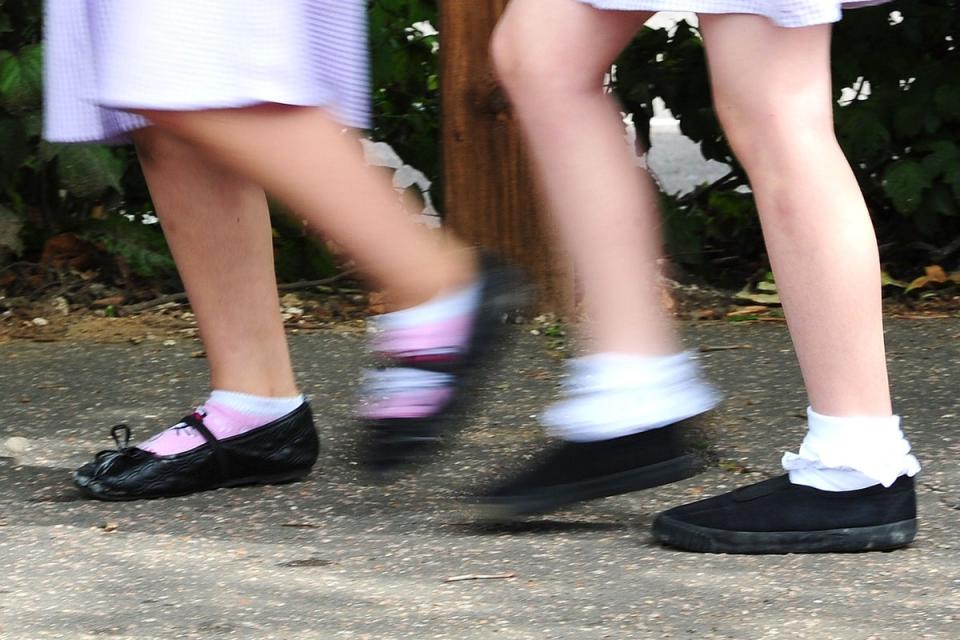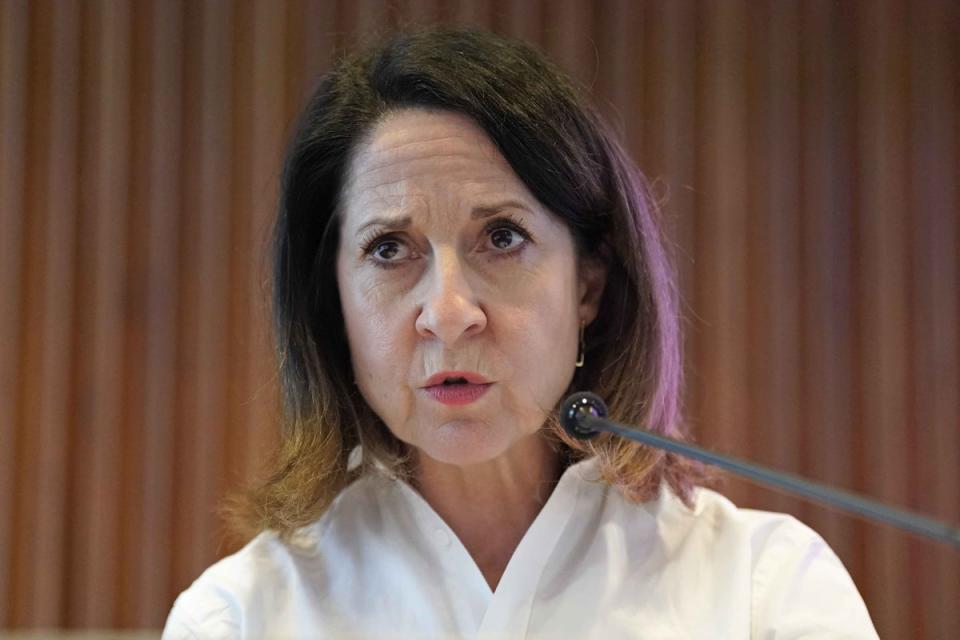Number of Britons without savings jumps by more than one million in a year
The number of Britons without financial savings has jumped by more than one million in the past year, with the financial security of working families plunged into chaos, according to a new analysis of poverty figures.
Around 7.9 million people had no savings in the bank account in the year 2022/23 – up from 6.8 million a year earlier. More than 21 million – almost one third of Brits – have less than £1,500 in reserve.
Labour, which analysed the figures, accused the Conservatives of “shattering family finances” and blamed the “economic chaos” of the past few years for plunging half a million more people from working families into absolute poverty in the same year.
Shadow work and pensions secretary Liz Kendall has called “disastrous for the living standards of working families.”

Ms Kendall said: “These figures lay bare 14 years of devastating Tory economic failure.
“On their watch, the Tories crashed the economy and unleashed a cost of living crisis, causing mortgages to soar and shattering family finances.”
In February, a report from the Resolution Foundation estimated that the UK had a £74bn shortfall of funds saved for emergencies and for retirement compared with a country in which every family had at least three months of income kept in precautionary savings.
It found that less than half (49 per cent) of working-age families had savings worth at least three months’ income, leaving a country of people who are vulnerable to shocks from family breakdown and unemployment.
The foundation also warned that those with lower levels of savings were more than twice as likely to use credit cards, overdrafts or borrowed money than those with at least £1,000 in reserve.
It is estimated that 6.7 million people in Britain are now in financial difficulty, according to campaign group Debt Justice, which found that 13 per cent of adults had missed three or more credit or bill payments in the last six months.
Fears about the state of UK family finances were confounded last week when it was revealed that the number of children living in poverty is at a record high.
Some 4.3 million children are now growing up in poverty in the UK, marking the highest level since records began over 20 years ago. In comparison to 2020/21, 900,000 more people are living in absolute poverty, 400,000 of them children.

The data, released by the Department for Work and Pensions, paints a bleak economic picture across the nation, which the average household income falling in the past year by 1.5 per cent and widening income inequality.
Analysis of the figures by think tank the New Economic Foundation (NEF) found that levels of child poverty had risen 5.6 times faster in the most deprived areas compared to the richest.
Nineteen of the 20 local authorities in the UK that saw the highest increase in child poverty since 2014/15 were in the North West, East Midlands and West Midlands.
Campaigners said the statistics should act as a wake-up call, with the Joseph Rowntree Foundation accusing the government of failing to protect the most vulnerable people in Britain.
A Conservative Party spokesman said: “Labour can’t say what they would do because they have no plan whatsoever.
“Their countless unfunded spending pledges would wreck the economy and leave Brits to pick up the bill through higher taxes.”
They added: “The Conservatives are sticking with the plan, which has delivered a £900 tax cut for workers. Labour would take us right back to square one.”


